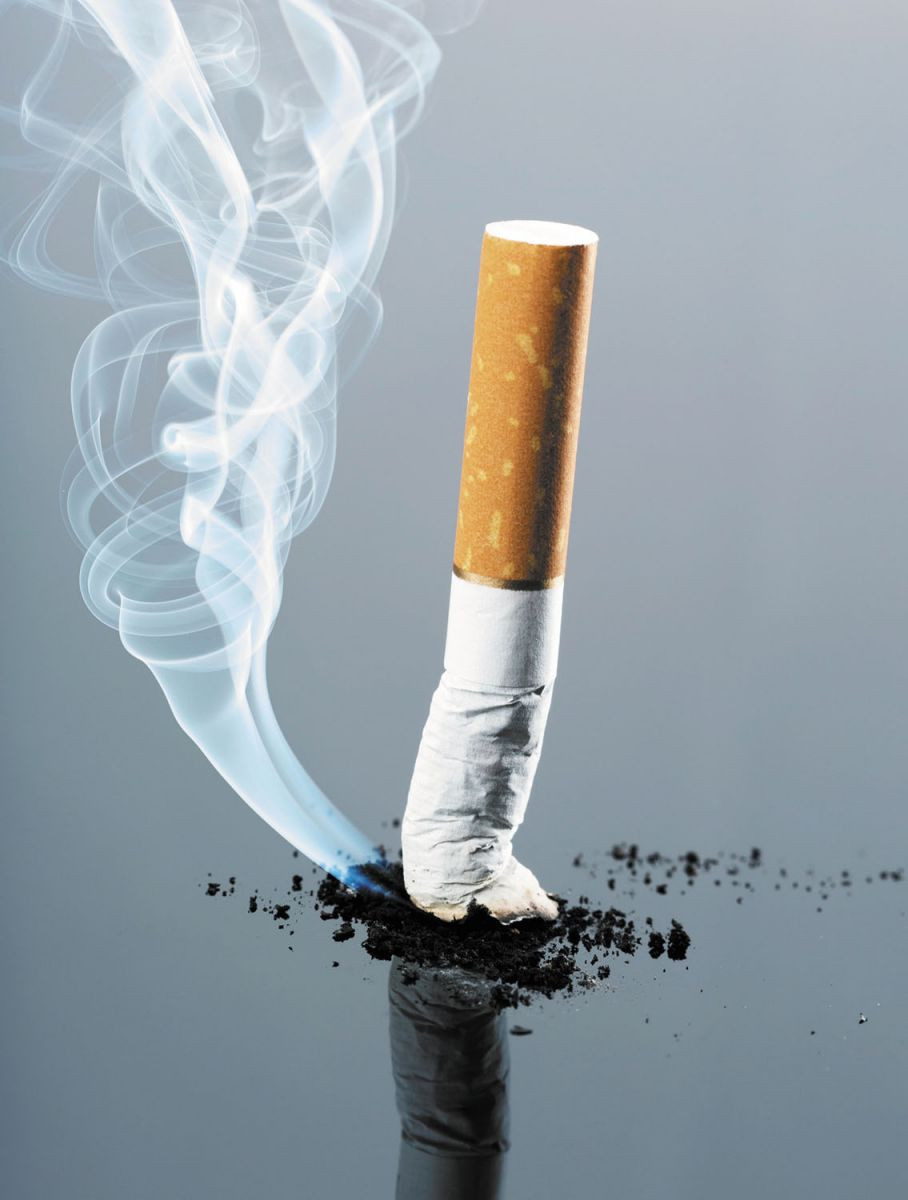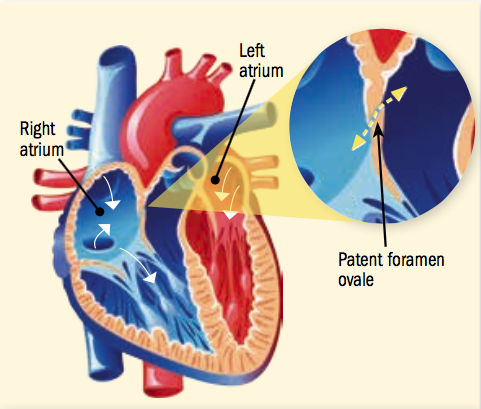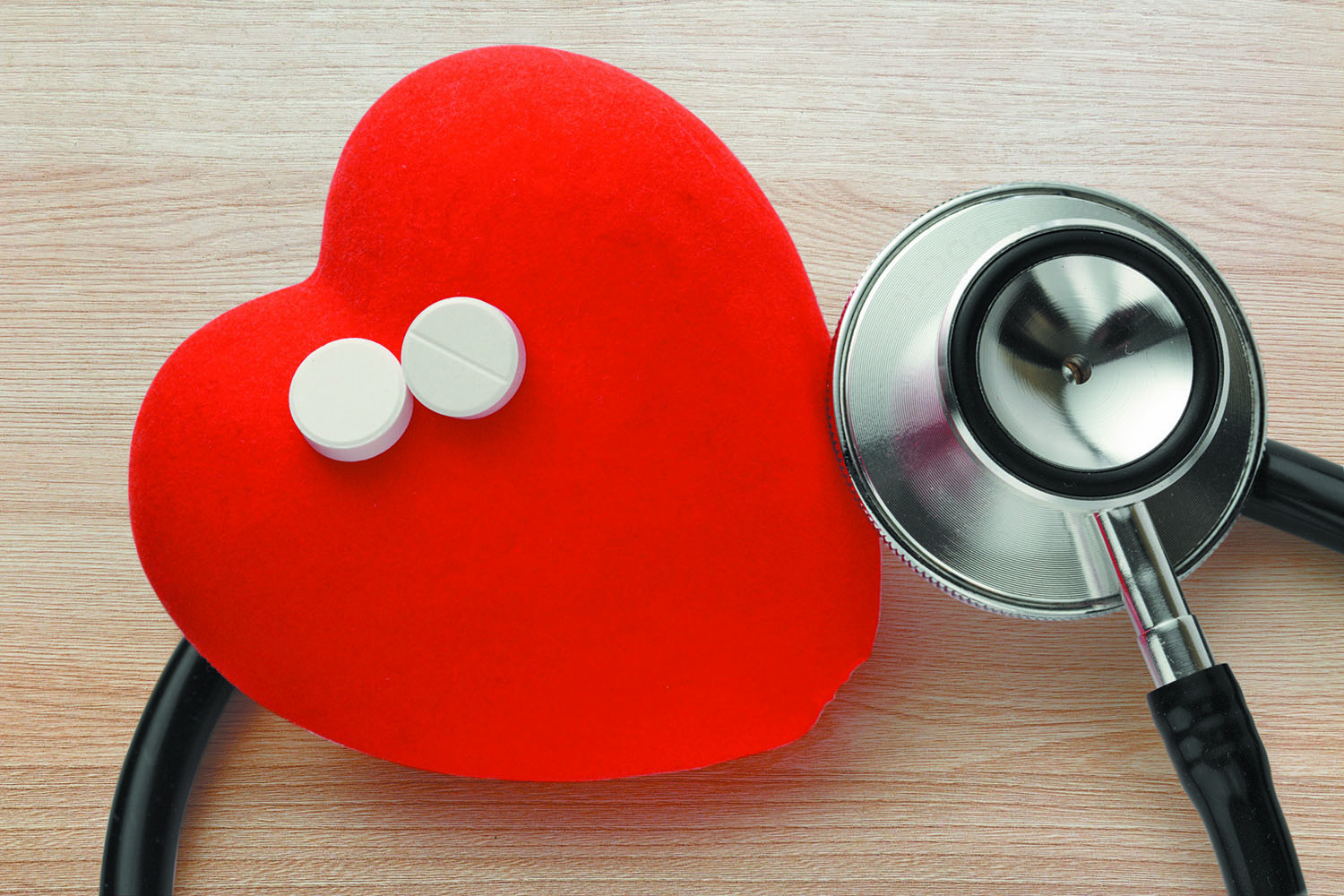
Salmonella is sneaky: Watch out

Two jobs may lower the odds of dying from Alzheimer's disease — but why?

Mastitis: What to do when your breasts are painfully inflamed

How — and why — to fit more fiber and fermented food into your meals

UTI in older women: Why postmenopausal women are susceptible to urinary tract infection, and what to do about it

Can a routine vaccine prevent dementia?

Some adults may need a measles booster shot. Who should get one and why?

Less butter, more plant oils, longer life?

Healthier planet, healthier people

Counting steps is good — is combining steps and heart rate better?
Stroke Archive
Articles
Traffic noise linked to higher heart disease risk
Research we're watching
Image: © u_/Getty Images
Roaring jets, rumbling trains, and revving automobiles may have a detrimental effect on your cardiovascular health.
According to a review article in the Feb. 13, 2018, Journal of the American College of Cardiology, many studies have observed a connection between transportation-related noise and a slightly higher risk of high blood pressure, coronary artery disease, stroke, and heart failure. The association persists even after adjustment for possible confounding factors, such as air pollution and socioeconomic status.
New guidelines extend your window for a first-line stroke treatment
News briefs
The American Stroke Association has made a major change to its recommendations for a first-line stroke therapy. The group's new guidelines, published online Jan. 24, 2018, by Stroke, say that instead of having just six hours from the onset of stroke symptoms to reach into a blood vessel, grab the clot, and pull it out, doctors now have up to 24 hours to perform the procedure (depending on the circumstances). The new recommendation will be helpful for people who suffer a stroke while sleeping and therefore don't know at what time the symptoms began. A thrombectomy may be combined with the other first-line treatment for stroke caused by a blood clot: a clot-busting drug called tissue plasminogen activator, or tPA. The treatment window to use tPA is just three to four hours, so it's imperative that you call 911 at the first sign of stroke symptoms. Those include the sudden onset of confusion, difficulty talking, weakness or numbness on one side of the body, or difficulty walking.
What a drag: The dangers of a daily cigarette
Research we're watching
Smoking just one cigarette a day appears to raise the risk of heart disease and stroke by between 48% and 74%, according to a study in the Jan. 24, 2018, issue of The BMJ.
Researchers pooled data from 141 studies done in 21 countries and regions, together involving millions of people. They analyzed the risks associated with smoking one, five, or 20 cigarettes per day, taking into account age, sex, and other possible confounding factors. Just one cigarette per day accounted for half of the risk seen with smoking 20 cigarettes a day in men, and for one-third of the risk in women, they discovered.
I'm so lonesome I could cry
The health risks of loneliness and isolation have been known for some time, but more recently research has shown the specific effects in the brain. Finding ways to make connections with other people is the best "medicine" to alleviate the mental and physical effects of loneliness.
To eat less salt, enjoy the spice of life
Research we're watching
Image: © Shaiith/Thinkstock
Adding a little extra spice to your food may help you eat less salt, according to a study in the December 2017 issue of Hypertension. A salty diet may raise your risk of high blood pressure, leaving you more prone to heart attack and stroke.
For the study, Chinese researchers recruited 606 people and determined their preferences for salty and spicy foods, in part by asking how often they ate foods such as salted fried pork and pickled Chinese cabbage.
Blood flow in squirrel brains offers clues for better stroke treatment
Research we're watching
Scientists are getting some bright ideas on how to protect people from brain damage related to stroke by looking at the brains of hibernating squirrels.
When squirrels hibernate, blood flow to their brain slows dramatically — similar to the reduced blood flow to a human brain that occurs with an ischemic stroke (one caused by a blocked blood vessel in the brain). But unlike the nearly 800,000 people who experience ischemic strokes each year, the hibernating squirrels don't suffer any harmful consequences from this reduction in blood flow to the brain. Scientists say this difference reflects cellular changes in the squirrel brains that protect them from damage. The scientists for the NIH-funded study, who published the results in the Federation of American Societies for Experimental Biology's FASEB Journal, say they have found a potential drug that might mimic this protective hibernation process and could, one day, protect human brains from stroke-related damage.
Stroke: Know when to act, and act quickly
Identifying and treating a stroke as quickly as possible can save brain cells, function, and lives. Everyone should know the warning signs of a stroke and when to get help fast.
The warning signs of a stroke can begin anywhere from a few minutes to days before a stroke actually occurs. The National Stroke Association has devised the FAST checklist to help determine whether a person is having a stroke.
After a stroke with no clear cause, a heart repair may be in order
Closing a gap inside the heart may help prevent a rare type of stroke from recurring.
Image: Adapted from © rabbitteam/Thinkstock
Most strokes occur when a clot blocks blood flow to part of the brain. Often, doctors can tell what caused the clot to form. But about a quarter of the time — especially in people younger than 60 — there is no obvious reason. These types of strokes are known as cryptogenic (meaning "of hidden origin").
One possible cause underlying a cryptogenic stroke is an opening in the wall that separates the heart's right and left upper chambers (atria). Known as a patent foramen ovale, or PFO, this flaplike opening is quite common. About one-quarter of all adults have a PFO (see "What is a patent foramen ovale?").
Weighing the risks and benefits of aspirin therapy
It may help prevent a heart attack or stroke, but it comes with the risk of bleeding.
Image: © Garsya/Thinkstock
Maybe you've heard about people who take a low-dose aspirin each day to ward off heart problems. Since aspirin is a medicine you've probably used now and then without a problem, and since it is available without a prescription, you might consider trying a daily low-dose aspirin yourself. Don't do it. Unlike deciding to take a multivitamin, taking a daily aspirin isn't something you should decide to do on your own.
Aspirin therapy is typically prescribed to people who have atherosclerosis of the arteries of the heart or brain, or risk factors for such disease. Just who should take a daily aspirin, how much aspirin, and what type of aspirin are hotly debated issues, with clinical trials under way in search of answers. "Until those results are in, you should talk to your doctor before starting aspirin," says Dr. Deepak Bhatt, a cardiologist and the editor in chief of the Harvard Heart Letter.
Women’s stroke rate stubbornly steady
As a group, men have nudged down their stroke numbers over the past decade. Why haven't women seen the same improvement?
Image: © stockdevil/Thinkstock
Men are less likely to have strokes than they were 10 years ago, but the risk for women has stayed about the same, according to a study of stroke data from Ohio and Kentucky, published online on August 21 by Neurology.
The question is, why?
"This study raises important concerns about the lack of decline in stroke rates in women," says Dr. Kathryn M. Rexrode, associate professor of medicine and chief of the Division of Women's Health at Harvard Medical School. Study authors suggested it's likely that better treatments for high blood pressure, high cholesterol, and diabetes, and a reduction in the number of people smoking helped to reduce the risk for men for having the most common type of stroke — ischemic stroke, which is typically caused by a clot that blocks blood flow to the brain. But women, who in theory should benefit from the same interventions, didn't see any improvement in their stroke rates over the study period.

Salmonella is sneaky: Watch out

Two jobs may lower the odds of dying from Alzheimer's disease — but why?

Mastitis: What to do when your breasts are painfully inflamed

How — and why — to fit more fiber and fermented food into your meals

UTI in older women: Why postmenopausal women are susceptible to urinary tract infection, and what to do about it

Can a routine vaccine prevent dementia?

Some adults may need a measles booster shot. Who should get one and why?

Less butter, more plant oils, longer life?

Healthier planet, healthier people

Counting steps is good — is combining steps and heart rate better?
Free Healthbeat Signup
Get the latest in health news delivered to your inbox!
Sign Up











